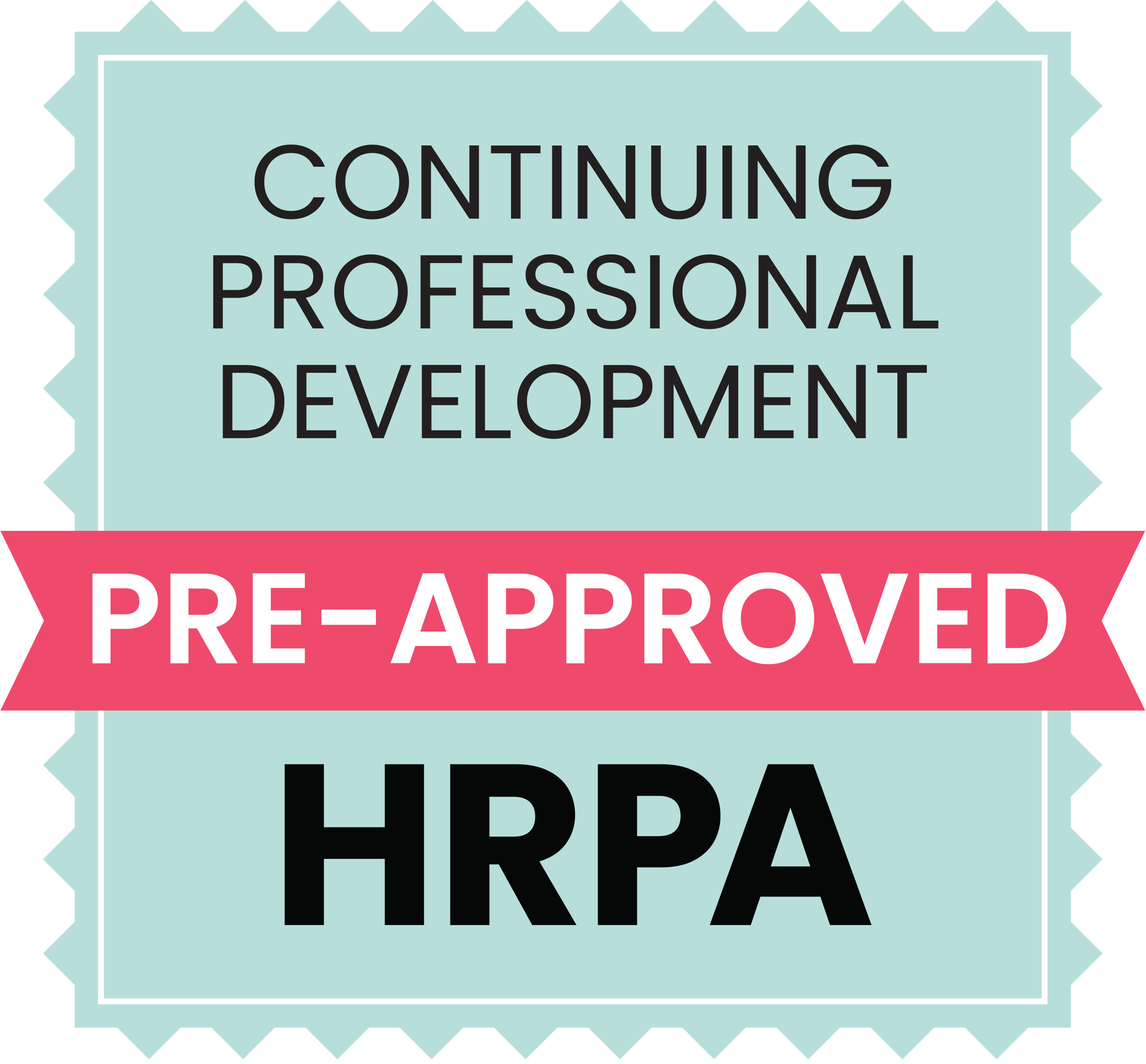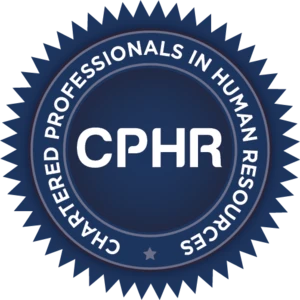June 23, 2016
Featuring special guest speaker:
 |
The Honourable Murray Sinclair, Senator
Chair of the Truth and Reconciliation Commission |
|||
Issues
The Truth and Reconciliation Commission of Canada provided employment-related recommendations in its final report. One recommendation is that public servants and management and employees in the private sector receive education on the history and culture of Aboriginal Peoples and on the United Nations Declaration on the Rights of Indigenous Peoples. It recommended that such education include skills-based training in intercultural competency, conflict resolution, human rights, and anti-racism. The Commission also called on Canada’s businesses to ensure that Aboriginal people have equitable access to jobs, training, and education opportunities in the corporate sector. Join our panel of experts to learn how public and private sector employers and unions can implement these recommendations.
- Background: What is the impetus for the Truth and Reconciliation Commission’s recommendations? How inequitable is Aboriginal people’s current access to jobs, training, and education opportunities in the “corporate” or private sector? Is it any better in the public sector? How, if at all, does the United Nations Declaration on the Rights of Indigenous Peoples affect labour, employment, or human rights law applicable to employers, unions, and employees in Canadian jurisdictions?
- Professional development and training: What obligation do employers in both the public and private sectors have under existing human rights legislation to train staff, especially managers, in “intercultural competency, conflict resolution, human rights and anti-racism”? What, if anything, must employers do beyond meeting their current legal obligation if they want to implement the Commission’s recommendations for training and professional development? What are the consequences for employers if managers are not adequately trained to deal with racism and harassment against Aboriginal employees?
- Systemic discrimination: How can workplace parties identify systemic discrimination or institutional racist behaviour against Aboriginal people? What is required to prove or disprove systemic discrimination at a human rights tribunal or at arbitration? How do you identify an appropriate comparator group? Do you need expert testimony? Is statistical evidence necessary or advisable to prove that discriminatory treatment is widespread? What is the relationship between complaints of systemic discrimination and individual complaints of discrimination? What type of individual or monetary remedies can be sought by complainants in systemic discrimination cases? What types of systemic remedies should adjudicators order? How should these orders be enforced? Will orders typically have a specified date by which they must be implemented? What steps can be taken to enforce remedial orders of the tribunal if a party refuses to comply with the orders? Should external consultants be brought into a workplace to implement systemic remedies? How effective are systemic discrimination complaints in advancing the equality of Aboriginal people in the workplace? Should advocates for Aboriginal workers be making more systemic discrimination complaints?
- Achieving equality: Are affirmative action programs encouraging the hiring and promotion of Aboriginal candidates now a thing of the past? Are they now viewed as discriminatory themselves? How disadvantaged are Aboriginal applicants compared to non-Aboriginal applicants in hiring and promotion processes? What factors may account for this? What types of training and education programs (e.g. diversity training, mentoring programs) might prevent this? What are some strategies for removing barriers to Aboriginal people’s full participation in the workplace and for promoting respect for Aboriginal cultures? What are some examples of such strategies being incorporated into collective agreements? What type of strategies are likely to be effective, and which are not?

This program has been approved for Continuing Professional Development 1.5 hours under Category A of the Continuing Professional Development (CPD) Log of the Human Resource Professionals Association (HRPA).

This program has been approved by CPHR BC & Yukon for 1.5 Continuing Professional Development hours.
